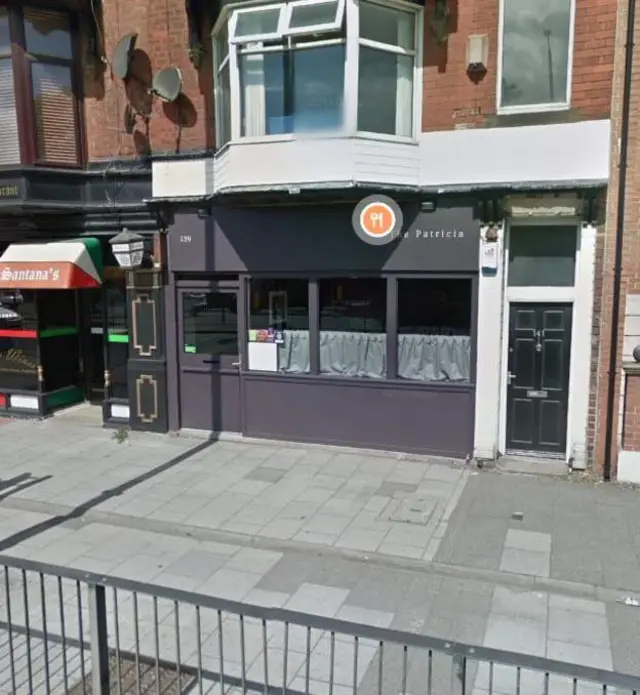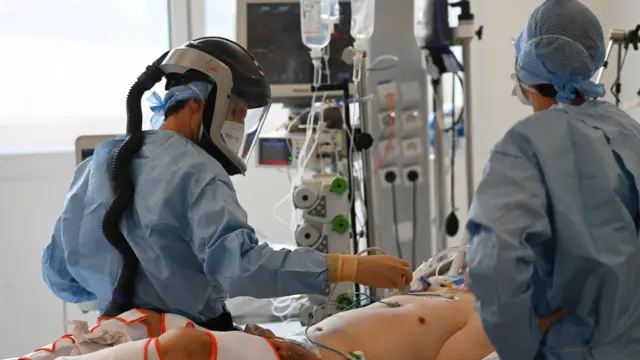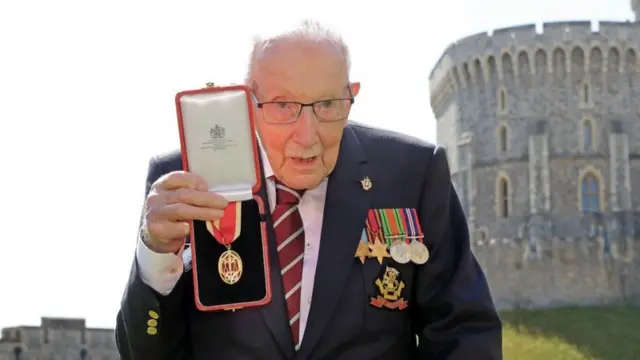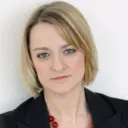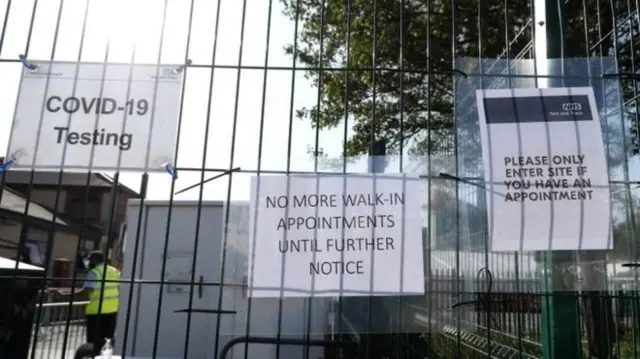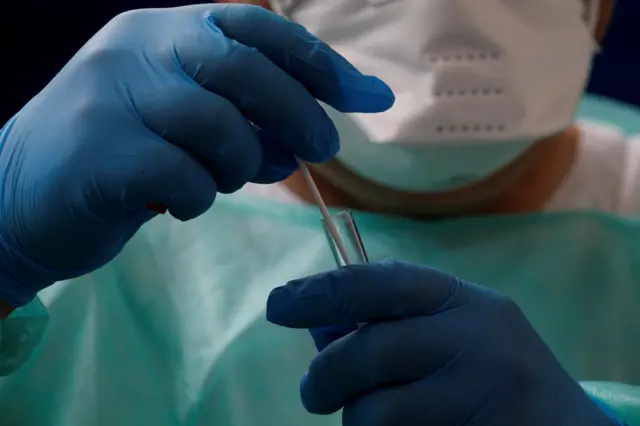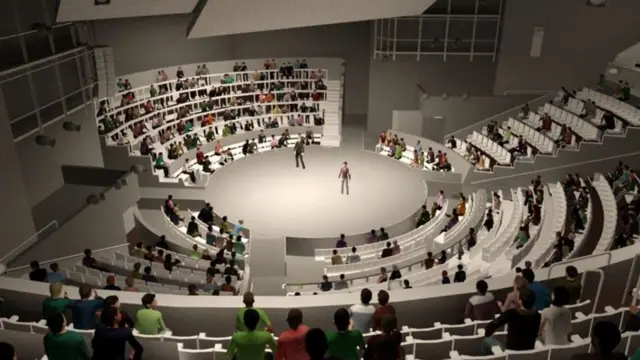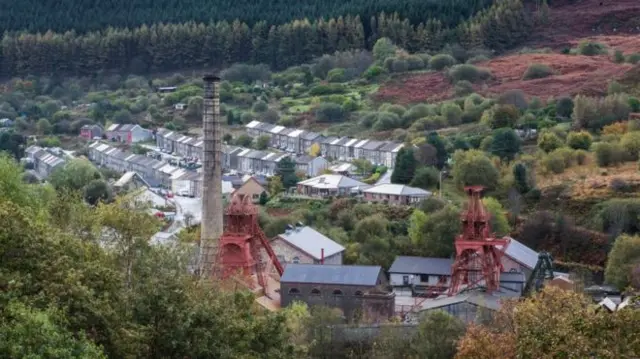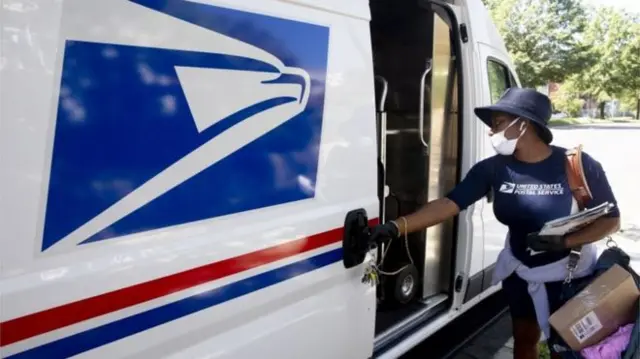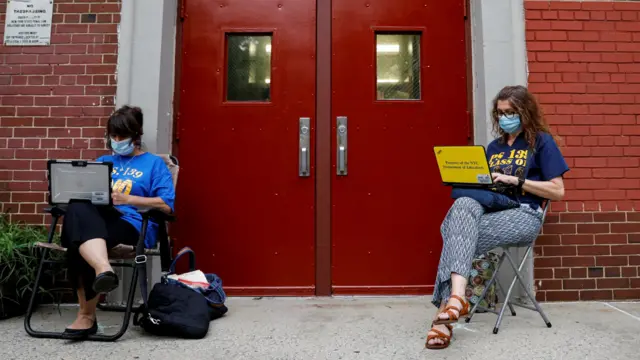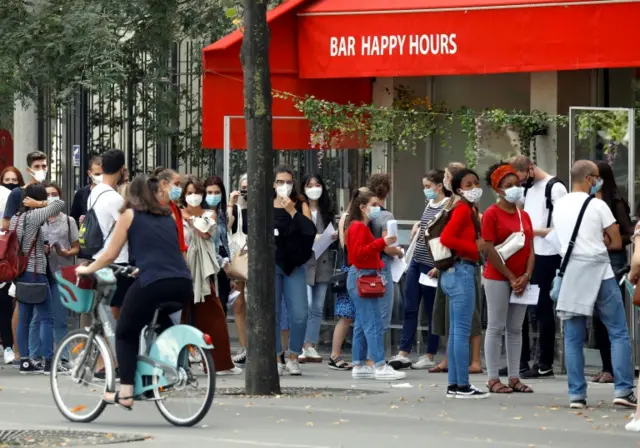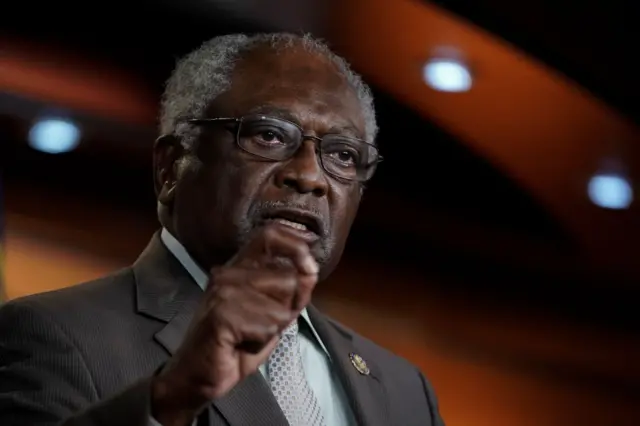Thanks for joining uspublished at 19:36 BST 17 September 2020
We're wrapping up today's live coverage and will be back again tomorrow. For now, here's a look back at some of the biggest developments from the UK and around the world:
- Almost two million people in north-east England will be banned from meeting other households under new measures introduced amid a rise in cases
- Meanwhile, people travelling from Singapore and Thailand to England and Scotland will not need to quarantine from Saturday morning
- The World Health Organization has warned that a “very serious situation” is unfolding in Europe after the continent's weekly tally exceeded 300,000 patients last week
- South Africa, which had one of the world's earliest and strictest lockdowns, announced a further easing of anti-coronavirus measures
- In the US, President Donald Trump contradicted the head of the main health agency with comments on vaccines and masks. Mr Trump said a vaccine would be available "immediately" - and not as late as mid-2021
- New Zealand is in its deepest recession in decades, following strict measures in response to the Covid-19 pandemic which were widely praised.
Today's live page was edited by Paulin Kola and Rob Corp and written by Lauren Turner, Georgina Rannard, Alex Therrien and Alice Cuddy

